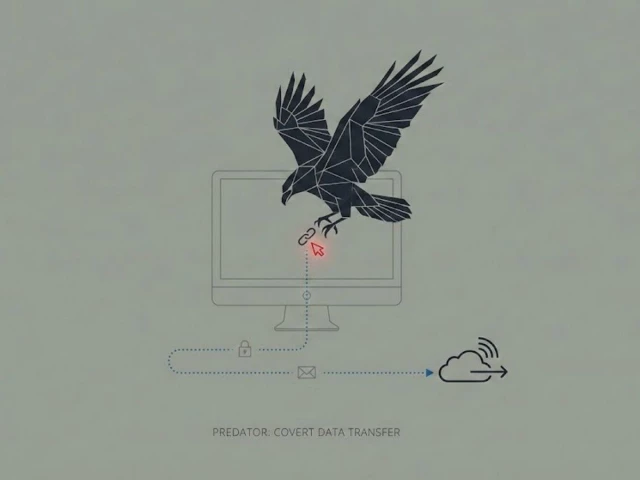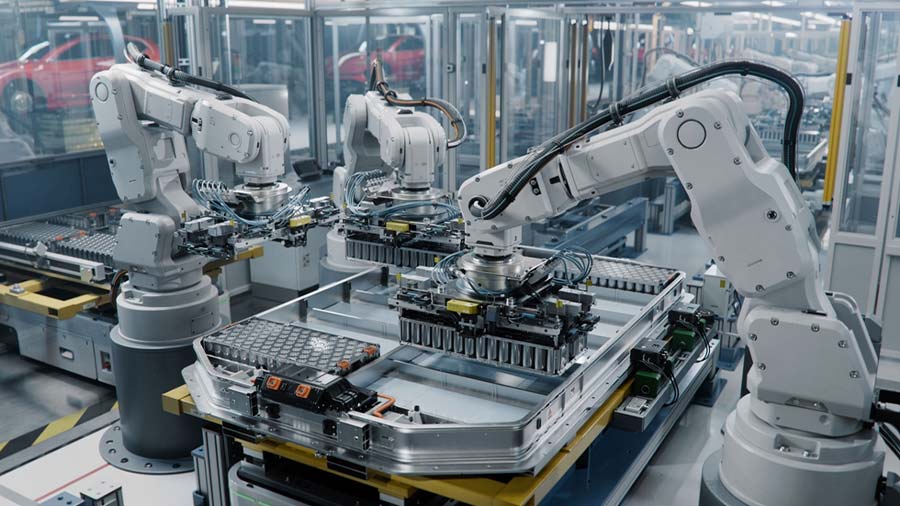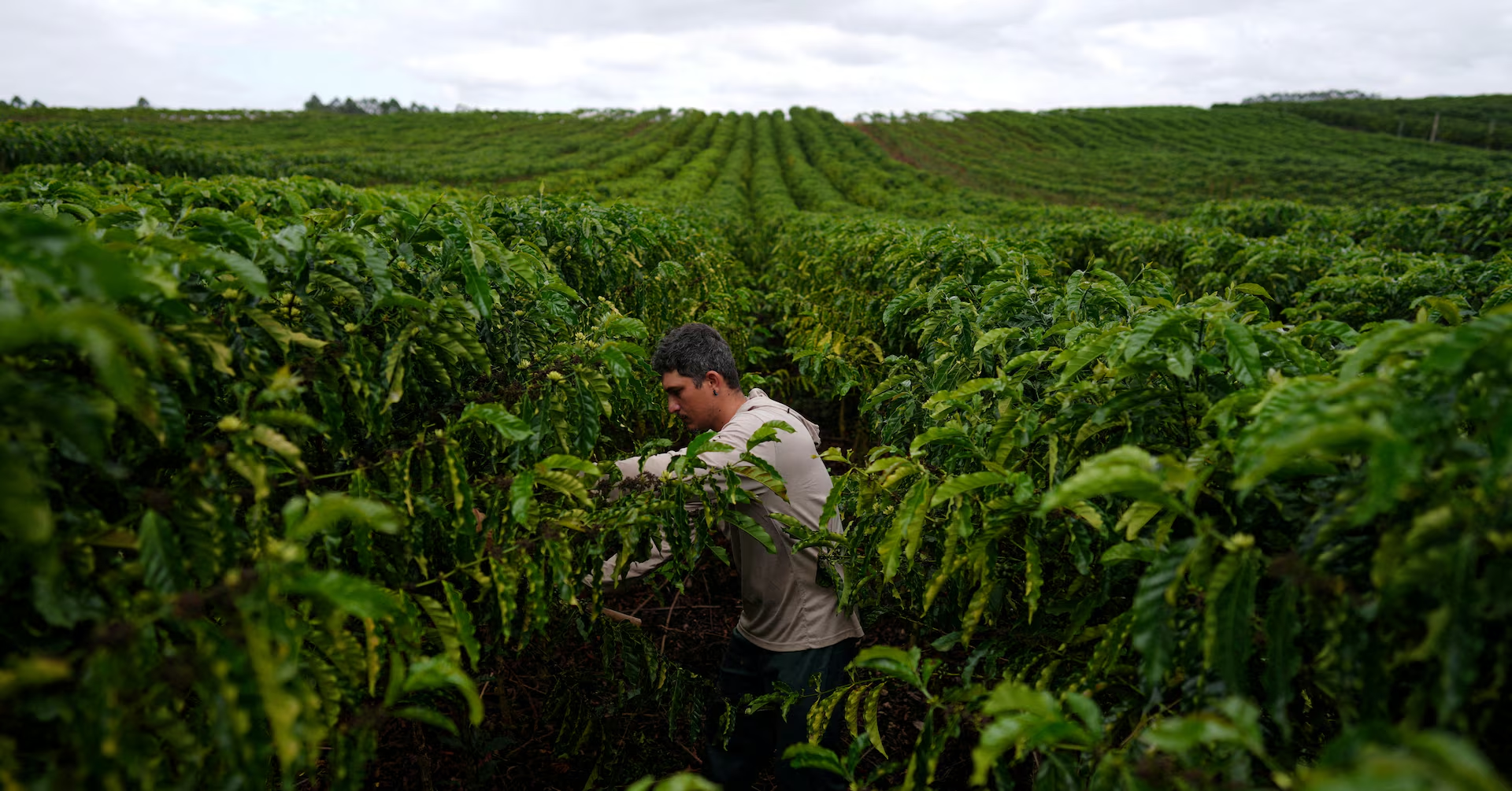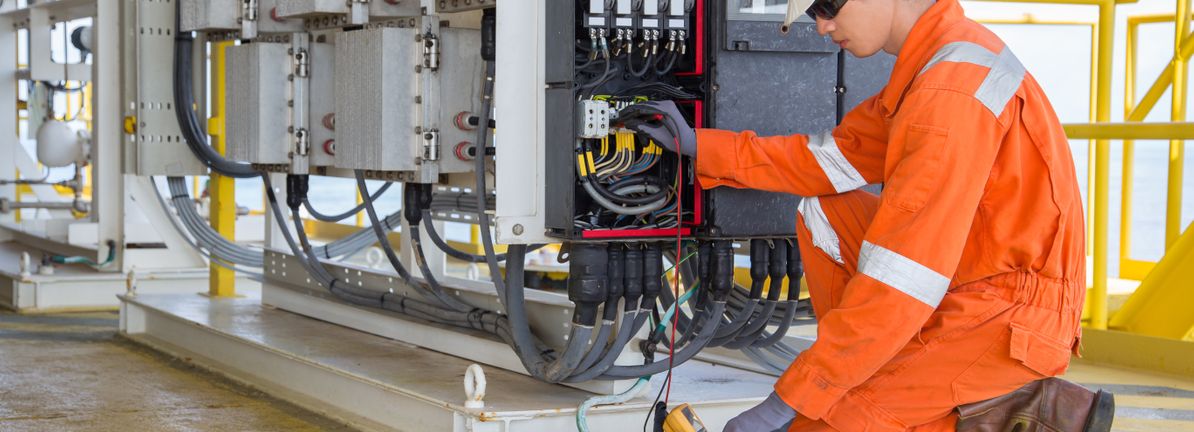Malaysia recorded RM 329.5 billion (US$79.8 billion) in approved investments in 2024, with strong commitments flowing into manufacturing, services, and renewable energy. The momentum carried into the first half of 2025, supported by new technology facilities, logistics assets, and healthcare infrastructure across multiple states. Yet despite the scale of these inflows, opportunities are concentrated in specific regions rather than spread evenly nationwide.
This concentration reflects a broader economic realignment underway in 2024 and 2025. Global supply chain restructuring, renewed investment incentives, and large-scale commitments to digital and green infrastructure are reshaping where and how foreign investors deploy capital. Malaysia is no longer approached as a single market but as a network of distinct industrial and services clusters, each with its own capabilities, constraints, and regulatory profile.
Business intelligence becomes essential in this environment. It allows investors to evaluate whether a cluster genuinely supports their operational model by examining sector maturity, infrastructure depth, labor availability, compliance requirements, and state-level competitiveness.
The role of business intelligence in sector evaluation
Sector growth does not automatically translate into feasibility. The semiconductor sector continues to expand, but only firms with relevant upstream linkages or advanced engineering capabilities can participate meaningfully. Data-center investment is accelerating, yet the underlying suitability depends on land availability, grid capacity, environmental clearances, and state-level planning. Healthcare, pharmaceuticals, and medical devices remain high-potential sectors, but licensing pathways and distribution standards impose constraints that vary across Malaysia.
BI clarifies whether Malaysia possesses the upstream or downstream linkages required for the investor’s long-term competitiveness. It identifies whether talent depth, regulatory expectations, utilities, and vendor networks can support operations at scale. It distinguishes between theoretically attractive sectors and those that align with the investor’s capabilities, risk appetite, and operational model. BI also examines sustainability commitments, digital infrastructure requirements, and government policy direction to determine whether a sector is positioned for durable growth.
Determining the sector fit for foreign investors
A sector becomes suitable only when several conditions converge. The supply chain must be sufficiently mature to support the investor’s activity without adding friction. The regulatory landscape must allow the company to scale without unforeseen compliance burdens. Talent availability must be adequate for initial operations and long-term expansion. Infrastructure must match the investor’s reliance on power, connectivity, logistics, or data-handling requirements. State-level incentives and planning constraints must meaningfully influence cost structures or operational timelines.
Malaysia’s sector opportunities are shaped by geography. Electronics consolidation occurs in Penang. Corporate services, pharmaceuticals, and digital operations anchor themselves in Selangor. Johor supports logistics-intensive, cross-border, and data-driven operations. Sarawak hosts renewable-energy-intensive industries. Sabah leverages tourism, coastal industries, and diversified resource-linked manufacturing.
BI ties each opportunity to its corresponding cluster so that investors understand where their business model fits within Malaysia’s economic architecture.
Positioning sector opportunities within Malaysia’s cluster map
Malaysia’s cluster map reflects decades of industrial planning, infrastructure investment, and human-capital formation. Each cluster offers a different basis for competitiveness. BI evaluates not merely the presence of a sector but the conditions that allow it to operate seamlessly.
Selangor: Headquarters, shared services, pharmaceuticals, and high-value digital services
Selangor is Malaysia’s largest economic contributor and the country’s most talent-rich state. In 2024 it recorded GDP of RM 432.1 billion (US$104.6 billion), representing 26.2 percent of national output. It generated 32.9 percent of Malaysia’s manufacturing value added and 26.9 percent of the services sector. These fundamentals position Selangor as the natural command center for investors managing regional operations.
Regional headquarters and service hubs
Selangor’s services sector produced RM 263.9 billion (US$63.9 billion) in 2024, amounting to 61.1 percent of the state’s GDP and growing at 6.3 percent year-on-year. These conditions support headquarters functions, procurement operations, treasury management, compliance oversight, and shared-services centers that require a dense, stable talent pool and direct access to regulators, professional service firms, and major transportation hubs.
Digital and technology services
Malaysia’s electrical and electronics exports reached RM 601.18 billion (US$145.5 billion) in 2024. Selangor benefits from this momentum as Greater Kuala Lumpur and Cyberjaya continue to serve as Malaysia’s primary digital corridor. The state secured RM 101.1 billion (US$24.5 billion) in approved investments in 2024, with a significant share directed toward digital infrastructure, cloud services, and software development capabilities. Companies establish technology and data-driven operations in Selangor because of its engineering talent, connectivity, and regulatory proximity.
Pharmaceuticals and medical devices
Malaysia exported RM 37 billion (US$9 billion) in medical devices in 2024, a 31 percent year-on-year increase, while healthcare investments between 2021 and 2024 reached RM 20 billion (US$4.8 billion). Selangor sits at the center of this ecosystem due to its clustering of hospitals, research institutions, logistics capabilities, and Ministry of Health administrative units. Investors rely on Selangor for activities requiring clinical-grade distribution, regulatory submissions, and multi-market healthcare operations.
Penang: Advanced electronics, precision manufacturing, and export-oriented services
Penang remains Malaysia’s most competitive high-value manufacturing hub. It attracted RM 31.99 billion (US$7.7 billion) in approved investments in 2024 and generated RM 434.74 billion (US$105.2 billion) in exports in 2023, representing 30.5 percent of national exports. The state recorded RM 177.99 billion (US$43.1 billion) in exports between January and May 2024, reinforcing its role as the core of Malaysia’s electronics ecosystem.
Electronics and semiconductor manufacturing
Malaysia’s E&E sector is anchored in Penang. The country exported RM 601.18 billion (US$145.5 billion) in electronics in 2024, and Penang contributed substantially through semiconductor testing, advanced packaging, PCB assembly, and upstream component manufacturing. Multinationals rely on Penang for its long-established engineering base, precision vendors, automation specialists, and supply-chain reliability. The cluster allows companies to collocate production, engineering, and design activities for faster iteration cycles.
Precision engineering and industrial equipment
Penang’s precision-engineering sector supports machinery, robotics, molds, tooling, and aeronautical components. In 2023, the state secured RM 71.9 billion (US$17.4 billion) in investment commitments across 415 projects, creating more than 20,700 jobs. These capabilities position Penang as a high-accuracy manufacturing base capable of supporting industries that depend on tight tolerances and advanced machining requirements.
Export-oriented services and design capabilities
Penang’s manufacturing scale sustains a broader ecosystem supporting logistics, design services, engineering consultancies, procurement operations, and back-office functions. Investors choose Penang when production, R&D, and technical services need to operate within one integrated ecosystem.
Johor: Regional logistics, cross-border manufacturing, and data-driven infrastructure
Johor is Malaysia’s southern industrial and logistics hub. It attracted RM 48.50 billion (US$11.7 billion) in approved investments in 2024 and RM 56.0 billion (US$13.6 billion) in new investments during the first half of 2025. The Johor–Singapore SEZ, together with the strong performance of Johor’s ports, is positioning the state as a leading regional production and distribution platform.
Cross-border manufacturing platforms
Johor supports electronics assembly, chemicals, automotive components, food processing, and FMCG production, structured around proximity to Singapore. Companies locate manufacturing operations here to access both markets simultaneously. Industrial parks across Iskandar Malaysia provide the land, utilities, and logistics corridors necessary for scaling cross-border supply chains.
Container ports and regional distribution
The Port of Tanjung Pelepas handled 12.25 million TEUs in 2024, ranking it among the world’s most efficient and busiest container terminals. Johor uses this throughput to position itself as a distribution hub for ASEAN markets. Investors prioritizing predictable exports, consolidation centers, and short lead times rely on Johor’s logistics network.
Data centers and digital infrastructure
Malaysia approved RM 252.7 billion (US$61.1 billion) in services investments in 2024, much of it directed toward digital infrastructure. Johor has become a preferred location for hyperscale facilities because of its land availability, regional connectivity, and improved grid capacity. These strengths support companies building compute-intensive operations and cloud-service platforms.
Sarawak: Renewable Energy, Resource Processing, and Green Industrial Corridors
Sarawak’s competitiveness rests on renewable energy, land availability, and resource depth. In 2024 the state received RM 16.12 billion (US$3.9 billion) in approved investments.
Hydropower plants at Bakun (2,520 MW), Murum (944 MW), and Batang Ai (94 MW) will be expanded by the 1,285 MW Baleh Hydroelectric Project, bringing total major renewable capacity to 4,843 MW by 2030.
Hydropower-backed heavy industry
Sarawak’s hydropower infrastructure supports aluminum smelting, silicon-based materials, chemicals, and other energy-intensive industries. Investors choose Sarawak for long-term power stability, predictable pricing, and alignment with international sustainability requirements.
Downstream resource processing
The state’s timber, gas, and agricultural endowments support downstream petrochemicals, engineered wood, food processing, and specialty materials. Renewable energy availability allows companies to scale industrial operations in a low-carbon environment.
Emerging green industrial corridors
Sarawak’s strategy includes hydrogen, ammonia, and low-carbon industrial parks integrated into its broader development plan. The state targets 10 GW of installed capacity by 2030, with renewables supplying at least 60 percent, reinforcing its role as a green industrial base.
Sabah: Tourism, Blue Economy, and Diversified Manufacturing
Sabah leverages natural assets, tourism demand, and coastal development to build a balanced economic base. Between 2021 and 2024, it recorded 7.85 million tourist arrivals and RM 16.84 billion (US$4.1 billion) in receipts. In 2024, Sabah welcomed 3.14 million visitors and generated RM 7.28 billion (US$1.8 billion) in revenue. Between 2021 and early 2025, the state recorded 10.67 million arrivals with RM 23.42 billion (US$5.7 billion) in spending.
Eco-tourism and hospitality development
Tourism supports more than 360,770 jobs in Sabah and continues to attract premium hospitality investments such as Sheraton Kota Kinabalu, InterContinental Papar, and Club Med Borneo Kuala Penyu. These projects reflect a long-term shift toward higher-value experiential travel, wellness, and marine tourism.
Blue economy and coastal industries
The Sabah Maju Jaya plan includes a Blue Economy Industrial Park in Kudat and coastal industrial development in Beaufort, Kimanis, Kota Marudu, and Kota Belud. Sabah recorded RM 107.8 billion (US$26.1 billion) in trade in 2024, with marine products, aquaculture, and fisheries forming a natural extension of the state’s coastal strengths.
Manufacturing and investment pipelines
Sabah secured RM 35.38 billion (US$8.6 billion) in approved investments across 420 projects between 2021 and 2024, with RM 5.38 billion (US$1.3 billion) approved in 2024 alone. Food processing, timber-based manufacturing, and cold-chain assets form the backbone of Sabah’s diversified industrial development.
Contact Nadhila Ismiralda, Business Intelligence Lead for Malaysia at Dezan Shira & Associates
Foreign investors evaluating sector opportunities, cluster positioning, and entry strategy in Malaysia may contact Nadhila Ismiralda, Business Intelligence Lead for Malaysia at Dezan Shira & Associates. Contact her at nadhila.ismiralda@dezshira.com.
About Us
ASEAN Briefing is one of five regional publications under the Asia Briefing brand. It is supported by Dezan Shira & Associates, a pan-Asia, multi-disciplinary professional services firm that assists foreign investors throughout Asia, including through offices in Jakarta, Indonesia; Singapore; Hanoi, Ho Chi Minh City, and Da Nang in Vietnam; and Kuala Lumpur in Malaysia. Dezan Shira & Associates also maintains offices or has alliance partners assisting foreign investors in China, Hong Kong SAR, Mongolia, Dubai (UAE), Japan, South Korea, Nepal, The Philippines, Sri Lanka, Thailand, Italy, Germany, Bangladesh, Australia, United States, and United Kingdom and Ireland.
For a complimentary subscription to ASEAN Briefing’s content products, please click here. For support with establishing a business in ASEAN or for assistance in analyzing and entering markets, please contact the firm at asean@dezshira.com or visit our website at www.dezshira.com.








